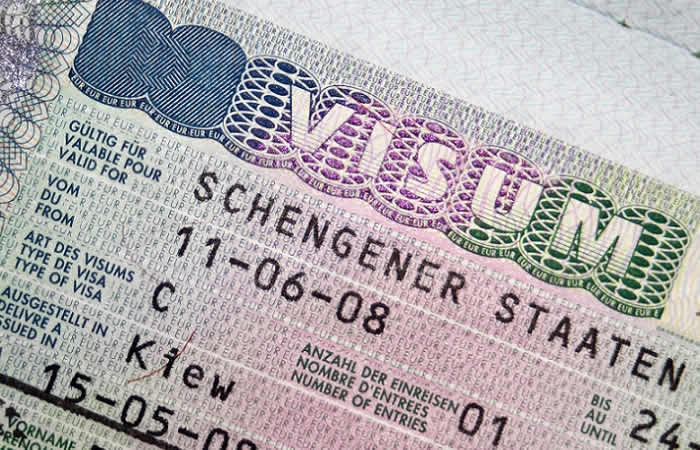The allure of the Schengen Area, a zone encompassing 27 European countries allowing seamless cross-border travel, has led to a surge in visa applications from Nigerians in recent years. However, this aspiration for easier access to Europe has been met with a significant hurdle: a high rate of visa denials. Data reveals that nearly half of Nigerian applicants seeking Schengen visas between 2022 and 2023 were rejected, placing Nigeria among the countries with the highest visa denial rates globally. This trend raises concerns about the accessibility of the Schengen Area for Nigerian citizens and highlights the challenges they face in navigating the visa application process. While the number of approved visas has also seen an increase, the persistent high rejection rate underscores a complex interplay of economic, social, and geopolitical factors.
The Schengen visa, a short-stay permit enabling travel across the Schengen Area for up to 90 days within a 180-day period, requires applicants to furnish comprehensive documentation, including proof of sufficient funds, travel insurance, a detailed itinerary, and evidence of their intention to return home. While the Schengen agreement aims to simplify travel within Europe, the reality for Nigerian applicants is often fraught with difficulties. The high rejection rate reflects the perceived risks of overstaying and security concerns associated with applicants from certain regions, including Nigeria. This perception, combined with stringent documentation requirements and heightened scrutiny, contributes to the challenges faced by Nigerian applicants.
Several factors contribute to the high rejection rate for Nigerian Schengen visa applications. One prominent driver is the challenging economic landscape in Nigeria, which fuels the desire for emigration, often referred to as “Japa,” meaning “escape.” High inflation rates and limited economic opportunities push many Nigerians to seek better prospects abroad, leading to a surge in visa applications. The declining ranking of the Nigerian passport in global mobility indices further exacerbates the situation, reflecting the diminishing travel freedom enjoyed by Nigerian citizens. This combination of economic hardship and restricted mobility creates a strong incentive for Nigerians to seek opportunities elsewhere, contributing to the high volume of Schengen visa applications and, consequently, the high rejection rate.
The issue of high visa denial rates is not unique to Nigeria but extends across the African continent. Data reveals that a significant proportion of the countries facing the highest Schengen visa rejection rates are African nations. This pattern suggests systemic challenges faced by African applicants in securing Schengen visas, including stricter scrutiny, more demanding documentation requirements, and potential biases in the evaluation process. While applicants from other regions, such as North America and Western Europe, often enjoy higher approval rates, African applicants face a disproportionately higher likelihood of rejection. This disparity raises concerns about equitable access to the Schengen Area and underscores the need for a more nuanced understanding of the challenges faced by African travelers.
Experts attribute the high rejection rates for African applicants to a combination of economic, security, and geopolitical considerations. The perception of economic instability in some African countries raises concerns about potential overstaying, while security concerns related to terrorism and other threats also influence visa decisions. Geopolitical factors, including international relations and migration policies, further complicate the landscape. These multifaceted factors contribute to a more rigorous and often less favorable assessment of visa applications from African countries, leading to higher rejection rates compared to other regions.
The reasons cited for visa denials often include incomplete documentation, doubts about the applicant’s intention to return home, and previous immigration violations. These reasons highlight the importance of meticulous preparation and adherence to all requirements during the visa application process. However, the subjective nature of some of these criteria, particularly assessing the applicant’s intention to return, opens the door to potential biases and inconsistencies in decision-making. Furthermore, the repatriation of a significant number of Nigerians from Europe and America for migration offenses further complicates the situation and potentially contributes to a stricter approach toward Nigerian visa applications. Addressing these concerns requires greater transparency in the visa application process and a more nuanced understanding of the individual circumstances of each applicant.














